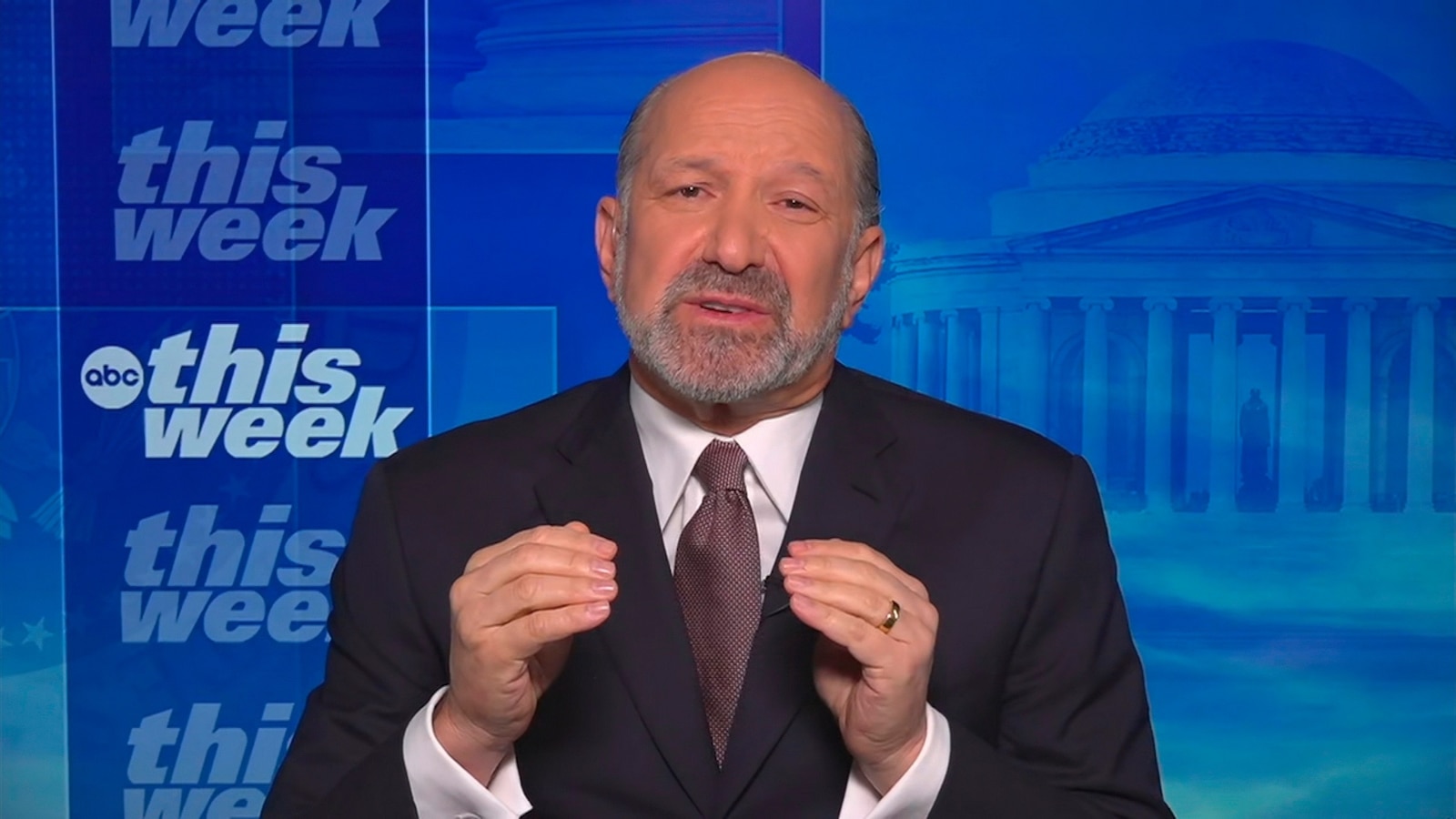Commerce Secretary Howard Lutnick said Sunday that the administration’s decision Friday night to exempt a range of electronic devices from tariffs implemented earlier this month was only a temporary reprieve, with the secretary announcing that those items would be subject to “semiconductor tariffs” that will likely come in “a month or two.”
“All those products are going to come under semiconductors, and they’re going to have a special focus type of tariff to make sure that those products get reshored. We need to have semiconductors, we need to have chips, and we need to have flat panels – we need to have these things made in America. We can’t be reliant on Southeast Asia for all of the things that operate for us,” Lutnick told “This Week” co-anchor Jonathan Karl.



That’s because they aren’t “once in a lifetime,” they happen about every 8 years or so, historically speaking. The news sensationalizes everything.
You probably will buy a house, given that >60% of Americans are home owners. It may not feel like it, but incomes have a habit of going up, relative to inflation, so if you stay diligent in keeping lifestyle inflation under control, improve your skillset, and keep an eye out for better employment opportunities, wealth is pretty much inevitable.
Then again, I don’t know you, and statistics have a habit of not applying to individuals.
I think it’s the opposite.
We had shortages of some things in COVID, sure, but a couple years later, everything was largely back to normal, but with a bunch of extra inflation and some housing debt. That’s pretty good for a worldwide medical crisis! If we look at the current situation with eggs, which are largely locally produced, we can see that it’s not a problem unique to global supply chains.
What Trump is showing us is how important global supply chains are. His tariffs are completely wrecking the stock market, and if he commits, it’ll trickle down to increased unemployment and loss of good jobs, especially if other countries retaliate with tariffs of their own. Prices will go up, so you’ll just get less for your money.
Why is it less than ideal? As long as you have multiple options for suppliers, you’re not at risk of any one country screwing you over.
Do you grow your own food? Weave your own cloth? Build your own house? No, you pay others to do that so you can focus on whatever you’re good at. A ideational professional farmer is a lot more efficient than I at growing food, and the same goes for other jobs.
We can expand that to countries and it still largely applies. China is good at producing stuff, and the US is good at designing stuff, so we offload the less desirable production work and keep the design work in house. We don’t want to rely exclusively on China, so we also offload work to Vietnam, India, Mexico, and others. If relations worsen with China like they are now, we can shift production to other countries.
How is that a bad thing? I’m failing to see how the pre-Trump situation is bad.